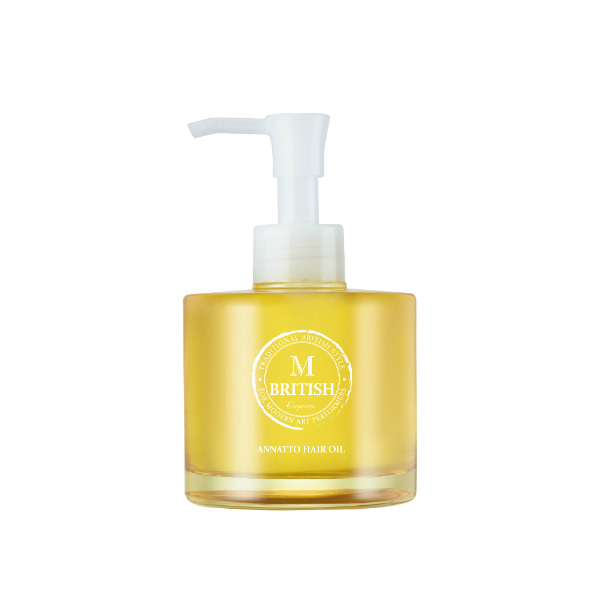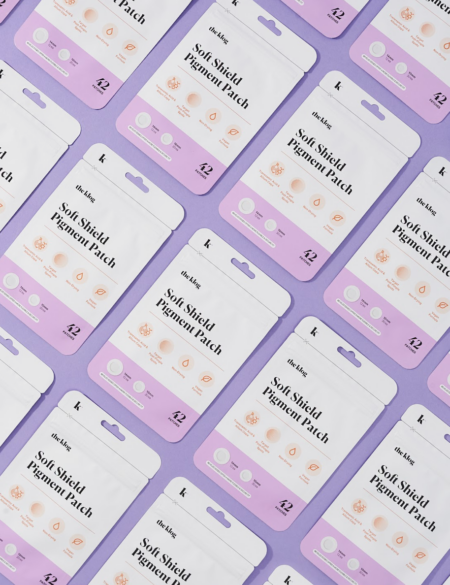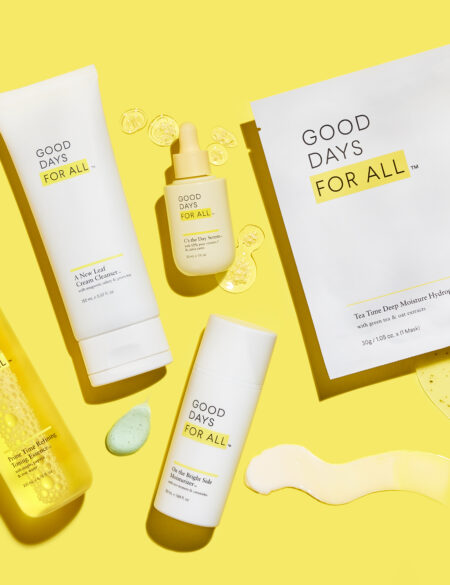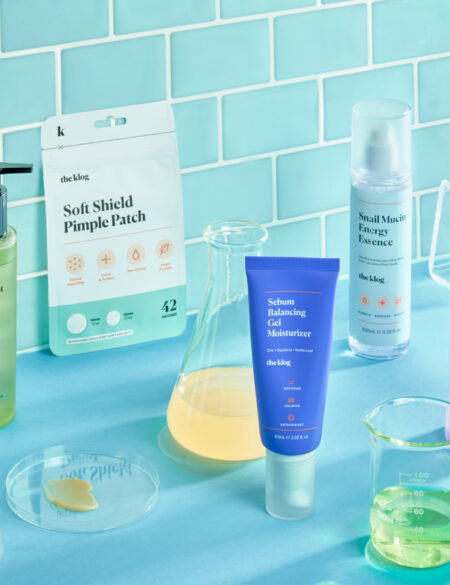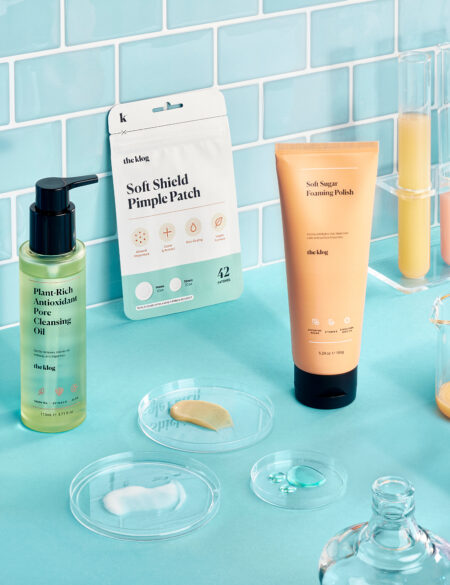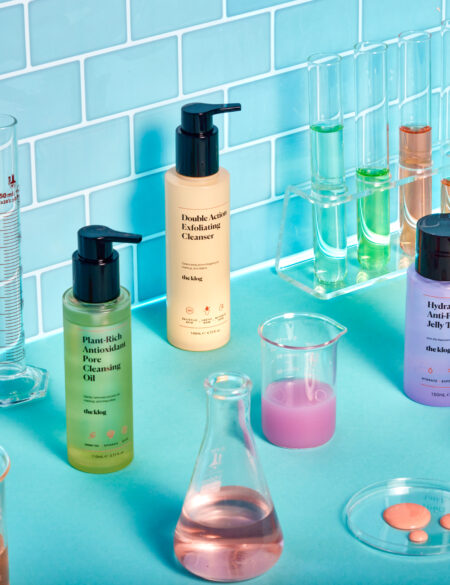Are your favorite hair products causing acne? We asked a derm to get to the bottom of this commonly-asked question.
Every time I discover a new breakout, I have the culprits I first consider. Did I eat particular spicy or sugary food last night? Did I try any new products that I’m reacting badly to? Did I accidentally sleep with my makeup on?
However, one of the most common causes of my breakouts is actually my hair products. Hair products can cause breakouts anywhere, but especially on your hairline, neck, and back. That’s right: Many of the ingredients your hair needs and loves aren’t so great for your skin, and can often lead to irritation and acne.
I decided to do some research, and reached out to Rachel Nazarian of Schweiger Dermatology Group in New York City to get some answers on what products and ingredients cause acne, and how to avoid breaking out from your hair products.
What ingredients cause breakouts, and why?
Basically, there are a whole host of ingredients that are risky for people with acne-prone skin, and many more that are a risk to anyone, regardless of their skin type. “Many hair products are oil based, which may trigger acne in those who are already prone, but ingredients such as petroleum, silicone, cocoa butter, sodium lauryl sulfate, ammonium lauryl sulfate, mineral oil, jojoba oil, coconut oil, and lanolin can also trigger acne, especially if left on the skin,” says Nazarian. “Many hairsprays are also alcohol-based and can trigger breakouts if accidentally sprayed onto nearby skin.”
That list might seem daunting, but many of those ingredients are ingredients you shouldn’t have in your hair products anyway—sulfates and mineral oils, especially. It’s better to choose hair products without sulfates and mineral oils that emphasize organic extracts, like the British M Organics Annatto Hair Oil.
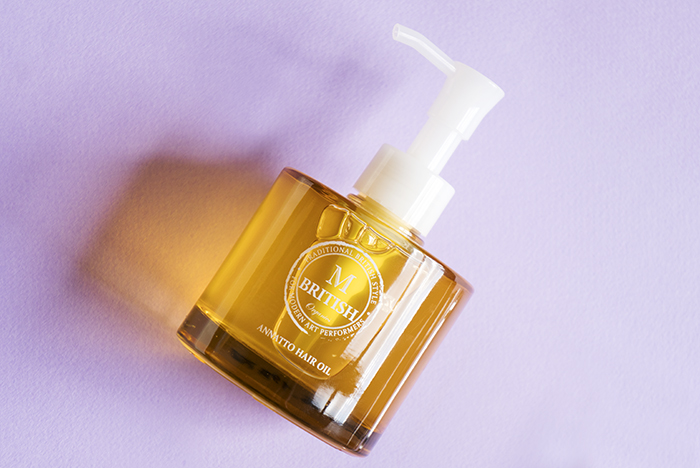
But, lots of those other ingredients are super good for your hair, so don’t rush to toss out your favorite shampoo or conditioner just yet. “Many of those acne-causing ingredients are actually wonderful for hair care, and help condition and smooth dry or damaged hair follicles,” says Nazarian. So, just because your skin doesn’t love it doesn’t mean you should stop using it—it might be exactly what your hair needs.
How do I know if my hair product is breaking me out?
The best way to determine if a hair product is breaking you out is to pay attention to where your breakouts are occurring. “Areas that tend to be affected by residue from hair products are the hairline, neck, and upper back or shoulders,” says Nazarian. “These areas accumulate the residue from products both from inadequate rinsing in the shower, but also from transfer when sleeping or sweating.”
Great. My favorite hair product is breaking me out—can I still use it?
Good news: Yes, you can! At the end of the day, you have a lot of control over whether your hair product is coming in contact with your skin, and you don’t want to cut something out of your hair routine that is really healthy for your hair.
“Many of those acne-causing ingredients are actually wonderful for hair care, and help condition and smooth dry or damaged hair follicles, so the point is to try to use them in a way that doesn’t cause collateral damage to your skin,” says Nazarian. “If the hair product is being used in the shower, the most important thing is to make sure that no residue of the product is left on your skin.” She recommends making sure you thoroughly rinse your hairline and face, and using your body wash as the last step in your routine to make sure any residual product is getting washed off. Even better, use a body wash with ingredients like salicylic acid that are targeted at removing oil.
Nazarian also emphasizes the importance of removing your hair product at night. Just like removing your makeup, you should ideally wash your hair to remove product before going to bed to prevent hair product from transferring out of your hair and onto your face via your pillow. However, she does note that “if you are not going to shower before bedtime and wash off hair care products, it’s important to at least keep your hair away from your face whenever you can, including when you sleep. Using a soft hair band to keep hair off our face and minimize the transfer of oil and products will also help to minimize acne breakouts.”
And lastly, make sure you’re aware of your hair products while exercising! “Working out can also induce transfer of hair care products and oils to neighboring skin, so use a hairband to pull your hair back from your face while working out, and always wash your face and hairline immediately following each work out,” says Nazarian. And remember, it’s always crucial to have a good skin care routine for before and after the gym to keep clean.
Bottom line:
At the end of the day, what’s good for your skin isn’t always good for your face, so keep the two separate. Choose hair products with good ingredients, and do what you need to keep your hair product from transferring to your skin. That way, you can have beautiful hair without sacrificing your beautiful skin.



